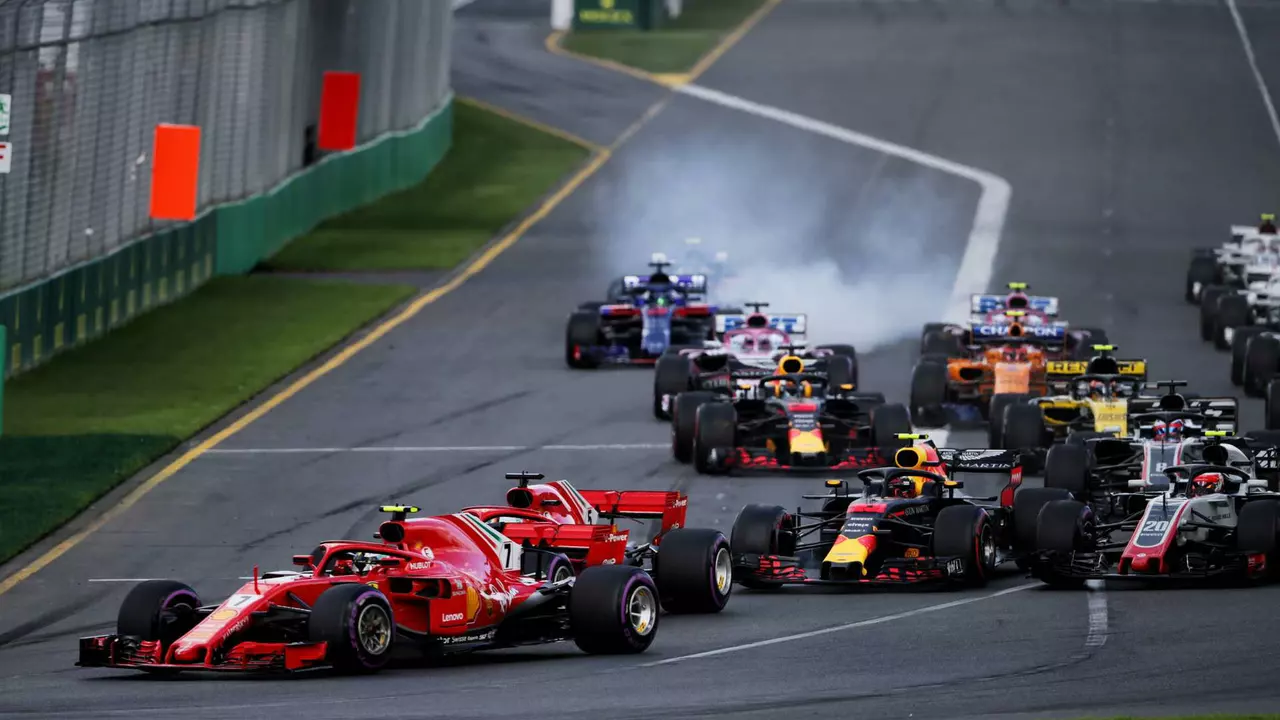Race Series – Your Fast‑Track to Motorsport
Ever wondered which racing championship fits your style and budget? You’re not alone. Thousands of drivers start their journey by picking a race series that matches their goals. Below you’ll find a quick rundown of the main types of series and solid steps to get you on the grid.
A race series is a set of events that follow the same rules, cars, and points system. Think of it as a season of contests where each race adds up to a final championship standing. The series decides what kind of car you drive, how many laps you run, and what the entry fees look like.
Here are the most common categories:
- Single‑make series – Everyone uses the same model, like a Porsche Cup or a Mazda MX‑5 club. Great for learning because the car is constant.
- Touring cars – Modified road cars such as BTCC or BTCC‑style series. They give a balance of speed and everyday feel.
- GT championships – High‑performance sports cars (Ferrari, Lamborghini, etc.) with sophisticated aero and brakes.
- Open‑wheel – Formula cars, from entry‑level Formula 4 up to Formula 2. They focus on raw driver skill.
- Rally and off‑road – Mixed surfaces, time‑trial format, perfect if you love gravel and snow.
Money matters. Some series charge a few hundred pounds per race, while GT or Formula categories can run into several thousand. Make a spreadsheet of entry fees, car prep costs, and travel expenses before you sign up. Remember, the cheapest option isn’t always the best fit if it doesn’t match your skill level.
Skill level is the next filter. New drivers often start in single‑make or club‑level touring series because the cars are less demanding and the learning curve is smoother. If you already have race experience, stepping up to GT or open‑wheel can give you a bigger challenge and more exposure.
Choosing the Right Race Series
Ask yourself three questions: What car do I enjoy? How much can I spend? How fast do I want to progress? Answering them narrows the list. Then, research the series’ calendar – does it run near your home or require long trips? Look at past race footage to see if the competition feels right for you.
Most series require a competition licence. In the UK, you’ll need an ARDS (now MSA) licence, which involves a basic road‑law test and a medical check. The process is straightforward, but you should book it early to avoid delays.
Talk to current drivers. A quick chat on a forum or at a local track can reveal hidden costs, typical pit‑stop times, and the friendliness of the community. Those insights often matter more than the official brochure.
Getting Started with Thames Motorsport Academy
At Thames Motorsport Academy we train drivers for every type of series mentioned above. Our beginner courses cover licence preparation, basic car control, and race‑craft. If you already have a licence, we offer advanced modules that focus on data analysis, tyre management, and mental preparation.
Joining our academy gives you access to a network of teams looking for fresh talent. We run regular test days where you can try out cars from different series and see which one feels right. Our instructors also help you build a simple budget plan so you know exactly what to expect financially.
Ready to take the first step? Contact us for a free introductory session. Whether you aim for a local club championship or a national GT series, we’ll help you map out the path and get you on the grid faster than you thought possible.
